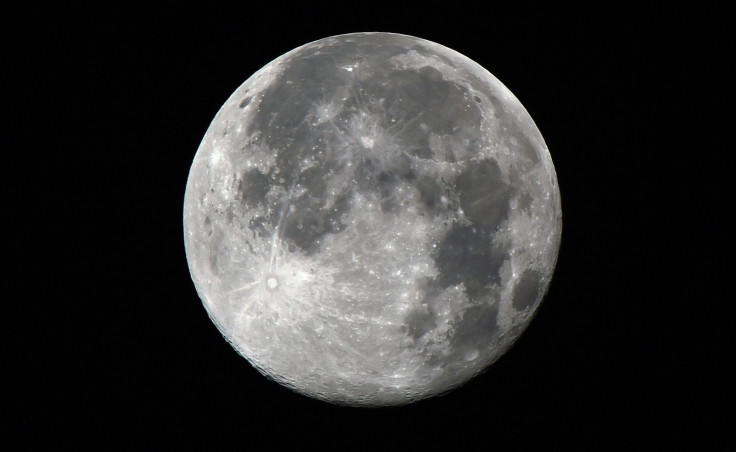What would happen to life on Earth if the moon was destroyed?

If the moon was hit by a massive asteroid or for some reason blown up by humans, because you know, sometimes we just like to blow stuff up, what would be the outcome?
If it was just split into several fragments, the different parts would likely re-join and form a moon that is not as perfectly spherical as the one we gaze upon now but would still carry out many of the duties that the current moon does. However, if it was completely obliterated, the effects would be devastating.
For starters, thousands of moon rocks would rain down on Earth, destroying populations, cities and even countries like it was taking its anger out on us because we had left it in the sky all alone for billions of years as it watched down on us having all the fun.
Not only would massive chunks of the moon bombard us, we would also have less protection.
Although it is only relatively small, the moon acts like a blockade, protecting us against those pesky space rocks that are determined to kill us all – just ask the dinosaurs about the asteroids intentions.
Without the moon, we are vulnerable and leave ourselves open to attack from asteroids, hence the many craters that are dotted on its surface.
Nonetheless, if asteroids do not kill us, the natural demise of the Earth without its companion will.
The moon acts as something as a balancer for our world. Without it, the Earth would begin to wobble massively.
Our planet already sways slightly, budging from the angle of 22 to 25 degrees, but without our little lunar buddy, this swing could go from zero to 85 degrees.
The effect it would have on our seasons is almost unfathomable as we deal with winters and summers of epic proportions – much like Game Of Thrones where the winter seems to be coming for years and years.
It could also throw us off our axis, meaning that at points we'll be closer to the sun, resulting in overheating and death, and at other times we'll be too far away, resulting in extreme cold and death. Bleak.
Without the moon, the ocean becomes a lot calmer. Too calm in fact. The tide will rise at about noon each day thanks to the gravitational pull of the sun but the controlled lunar tides are what we really need.
While the constant serene ocean would be a beauty to behold, beneath the surface is where the trouble is. The placid water fails to move vital nutrients around its vast body, which will ultimately have a devastating effect on the water dwelling animals, with thousands of species eventually going extinct.
However, you can take solace in the fact that the death of the ocean would take millions of years, so you'd already be dead thanks to overheating, freezing, being hit by the debris or natural old age. Every cloud and all that.
© Copyright IBTimes 2025. All rights reserved.






















